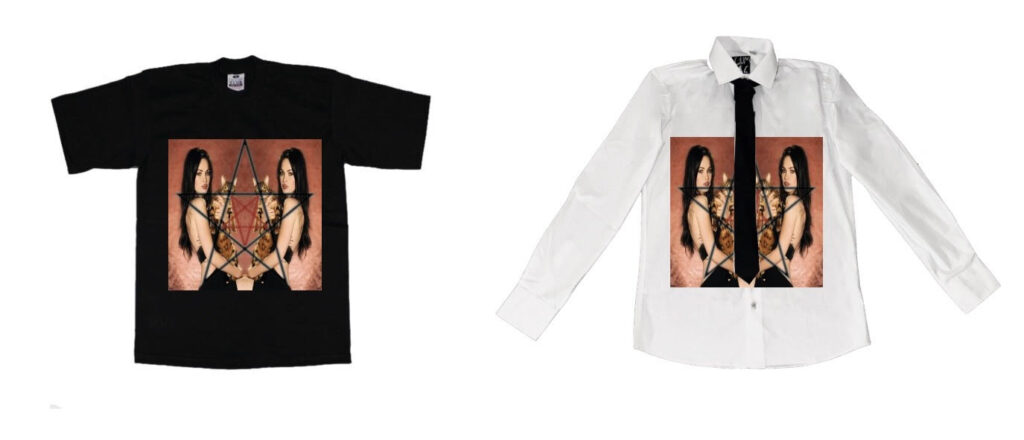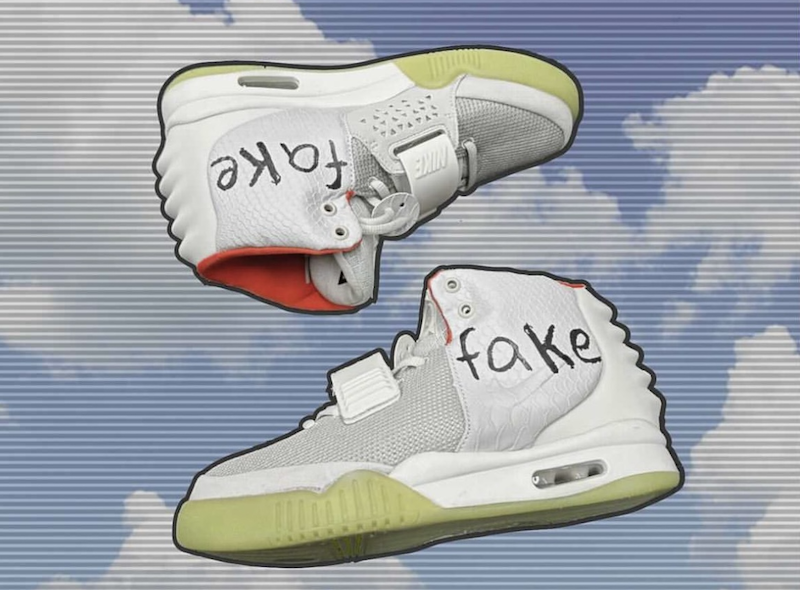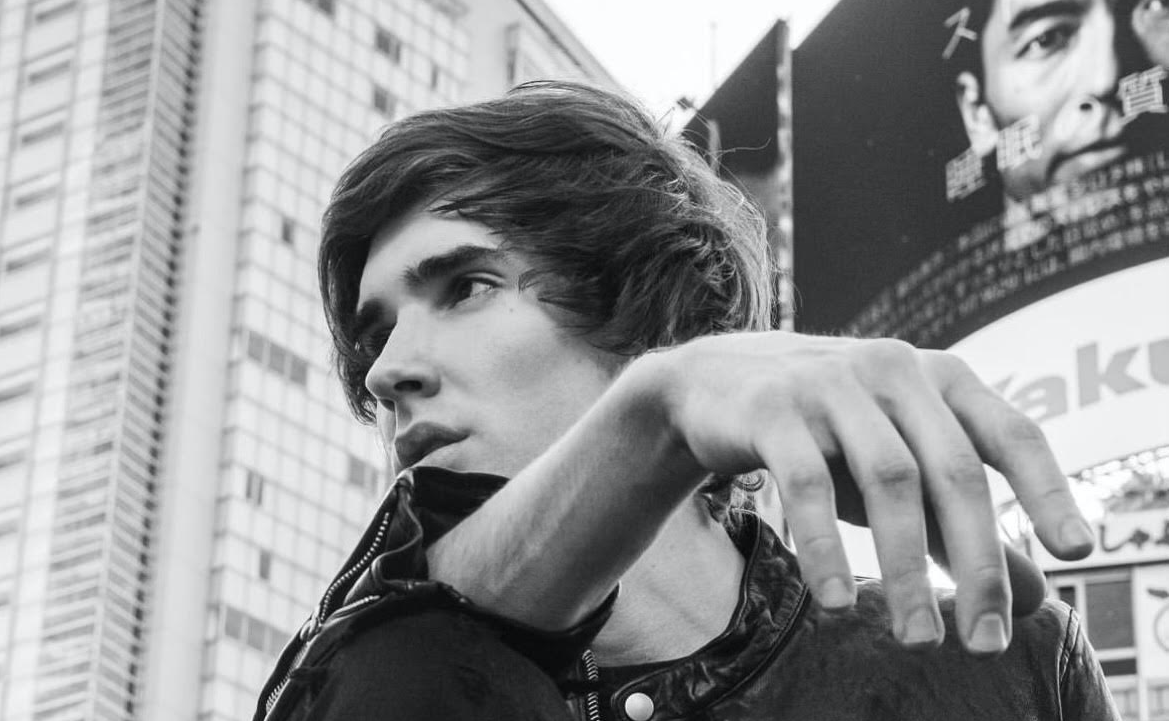Denis, your recent collection, Paindigital0000, has garnered a lot of attention. Can you tell us about the inspiration behind it?
Denis Guseynov: Absolutely. Paindigital0000 is all about challenging conventionality. I drew inspiration from neo-cyberpunk, a retro-futuristic style from Japan, and the underground streetwear of the early 90s. Our gender-neutral designs are reflecting the dystopian worlds of Matrix and American psycho.
Neo-cyberpunk allows fashionistas to capture the influence of modern technology, high-tech urban environments, and cultural shifts. We blended futuristic elements with contemporary fashion trends to create our sleek anti-establishment clothing line for rebellious GenZs.

You’ve collaborated with some top influencers in LA, including Phoenix Joy Divizn. Can you share more about these collaborations and the influencers supporting your work?
Collaborating with influencers has been crucial in raising awareness among the new generation of fashion enthusiasts. Phoenix Joy Divizn, my main collaborator and videographer, is known for his unique style and has worked with celebrities like Bella Hadid and Playboi Carti. Other influencers like Sober Yung Walter and Lil Jupiter bring their own flair to the project. Together, we aim to disrupt the future of streetwear and challenge societal norms.
Let’s backtrack a bit. Your journey into fashion began with a viral collection of Kanye West replicas. How did that idea come about, and how did it go viral?
Kanye West‘s controversial concepts have a special place in GenZ’s culture. I decided to create a limited drop of 350 pairs of replicas of Kanye West’s iconic sneakers from 2009, but with a twist – a clear label that said “Fake.”

I reached out to LA influencers for promotion, and the response was overwhelming. Top streetwear influencers started sharing my designs on Instagram, and the collection went viral without any budget for promotion. The collection aligned with the trend called bootleg, which has disrupted the boundaries of fashion hierarchy, even reaching the collections of top luxury brands.
What drew you to bootleg, and how do you see it fitting into the current fashion landscape?
I’ve always loved streetwear and followed trends globally. Heron Preston, an icon of bootleg fashion, has been a significant influence. The power dynamics in fashion are changing, with underground fashionistas setting major trends. High-end fashion now thrives on creative minds from streetwear and underground culture, aligning perfectly with what GenZs desire.
Traditional fashion has often been dictated by elite designers and luxury brands. Bootleg fashion, rooted in underground culture, flips this script by allowing emerging artists and streetwear enthusiasts to become trendsetters. It’s a bottom-to-top influence that resonates with the desires of the younger generation.
In an era where trends come and go in the blink of an eye, traditional fashion struggles to keep up. Bootleggers, often deeply embedded in underground movements, are agile and quick to capture the spirit of the moment.
Speaking of locations, you’ve chosen LA as your home base. Why LA, and what advantages does it offer a young designer?
LA, New York, and Tokyo are the main fashion destinations, but LA, in particular, offers advantages from production to promotion. Custom manufacturers and major influencers are based here, facilitating quick turnarounds.
The “Made in LA” tag signifies quality, making it an ideal place for a young designer like myself. For smaller brands, such as myself, producing, for example, in China makes it hard to guarantee quality because of supply chain issues.
Finally, what are the latest trends and developments in Gen Z fashion, and how do you see bootleg fitting into this landscape?
Bootleg disrupts the boundaries between high and low culture. In the past, there was a clear distinction between luxury brands and more accessible streetwear. Bootleg blurs these lines, making high-end fashion more approachable and relatable. This resonates with the GenZ culture that values authenticity over exclusivity.
It’s a rebellion against the perceived seriousness of the fashion industry. Bootleg fashion injects a sense of playfulness and irreverence into design. It challenges the conventional idea of what’s acceptable in fashion and invites creativity without the constraints of established norms.
In essence, bootleg fashion represents a paradigm shift in the industry. It’s not just about what we wear; it’s about rewriting the rules and democratizing the creative process.


